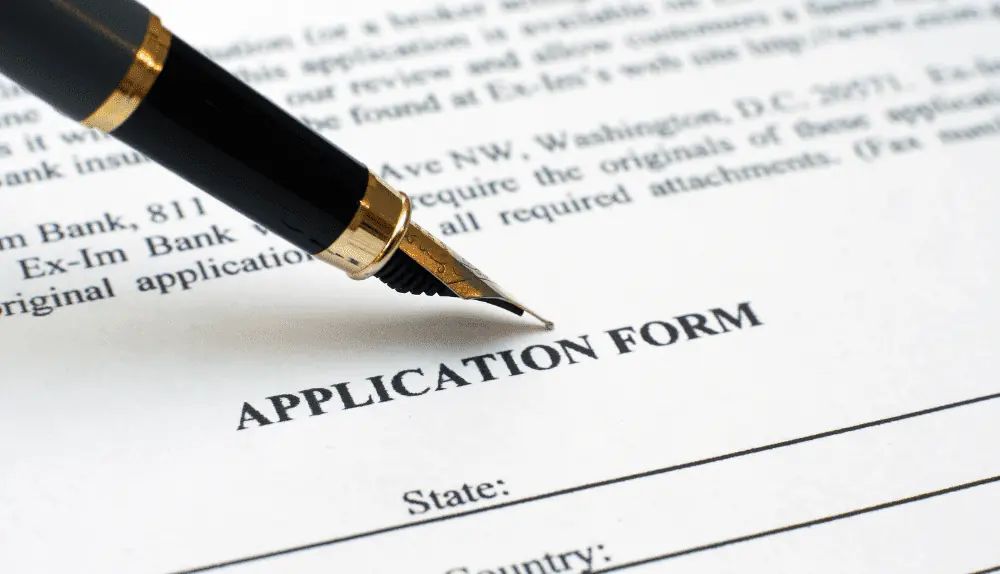Are you the proud owner of a large-scale online business? Well then, you’ve probably found yourself being called a ‘high-risk merchant.’ This is essentially a catch-all term for entrepreneurs who own businesses that could be considered risky by some, for example, a CBD oil retailer owner. The underwriting process can help you.
If you’ve been called this during a Zoom meeting or at a party, then you know that sometimes it can feel like an insult. High-risk merchants are, well, high-risk, so not too many companies are willing to do business with them. This is why you can sometimes feel stuck and like you are continuously left out in the industry.
Well, do not worry; we have the solution to this disconnection issue. It’s called ‘knowing what to expect from the underwriting process,’ and it’s guaranteed to leave you feeling more confident once you file to the bank!
What Is The Underwriting Process?

It is a great question to start with. To find the answers, we first have to look at the history between high-risk merchants and banks. The truth of the matter is that some high-risk merchants, just like some business owners or politicians, have been known to try to bend the rules and break the law for profit.
Stories like those have grown to such a point that people (especially banks) use them to represent the entire high-risk merchant community, and therefore tend to reject applications from high-risk merchants. CBD retailers are most likely to be rejected not just because they’re high-risk merchants.
This rejection is, of course, highly unfair. Aren’t we all innocent until proven guilty? And why are high-risk merchants being presumed guilty in the first place? As the old saying goes, a few bad apples don’t spoil the whole batch.
So, if you’re a high-risk merchant and need a bank account by yesterday, what are you supposed to do? Well, you can go through something called ‘the underwriting process,’ which means applying for bank accounts with intent, knowing which pitfalls to avoid so that you can get accepted.
Anyway, now that you’re all caught up, let’s get into the tea on how to get accepted by banks.
Look Into In-House Pre-Underwriting

If you’ve tried the underwriting route before (or done any business deal with a bank, really), then you know what it’s like to stay up all night, googling words you don’t know and looking for documents you didn’t even know you had.
Third-party companies specializing in underwriting can help guide you through the underwriting process and make it less of a hassle. Pay Kings, for example, is a third-party company that comes highly recommended by major players in the industry. They even do pre-underwriting in-house, so you know all your forms are being taken care of.
But what if you don’t have room in your budget for that kind of thing? Well, if that’s the case, then you’re going to have to do what all great Americans do: roll up your sleeves and fix the problem yourself.
Write The Perfect Application
Applying to a bank is a lot like applying to go to college. There are a million hoops you have to go through. It’s incredibly stressful, it takes a long time, and you need to make yourself sellable. The basic steps and regular documentation are impossible to change, but the sellable part is something you can, in fact, control.
You may be wondering, how do you make yourself the perfect candidate? Well, for starters, you’re going to want to be able to show that you have honest and direct communication with your customers. This will make you more trustworthy to banks and increase the chances of doing business with you.
Your chargeback ratio also has to be at an absolute minimum. Suppose you don’t know what that is. In that case, your chargeback ratio is the number of chargebacks (or the number of times your customers have disputed buying anything from you) that you receive in a month divided by the number of transactions you did during that period. This helps banks see you’re not scamming people and committing major fraud.
If your ratio is under 1%, then congratulations, you’re the perfect candidate! If it is a little higher and you’re panicking right now, don’t fret! Some banks are willing to accept merchants with a ratio lower than 1.5% as long as that merchant doesn’t have a history of fraud or ratios increasing over time.
Next up, we’ll be talking about money. Since banks are squeamish about high-risk merchants, they usually have minimum processing of $50,000. However, other banks are willing to underwrite process more money if their new clients comply with other requisites.
Things To Avoid

Just like how you don’t want your college application to say that you used to get your brother to buy beers for you and your friends when you were underage, you also don’t want your application to have things that portray an inaccurate picture of who you are. Let’s get into some of the main things that can be seen as a red flag on an application:
- Bad practices evidenced by the BBB or the CFPB. If you’ve got any of these, then your application is pretty much busted.
- A bad reputation in transactions. This can be a huge red flag to banks since they don’t want to do business with someone who has problems giving money back or generally charging appropriately.
- High chargeback ratio
- Frequently trying to change processors
- A low credit score
- Sharing an account with another merchant
If you’ve got any of these issues, make sure they’re taken care of before applying. Better to be safe than sorry!
Conclusion
Times are changing. Businesses are moving into the online field, and high-risk merchants aren’t such a high risk anymore! But many banks are still stuck in the past and fail to see that, so sometimes, you have to fight for yourself and do the best you can to help them see your worth.

